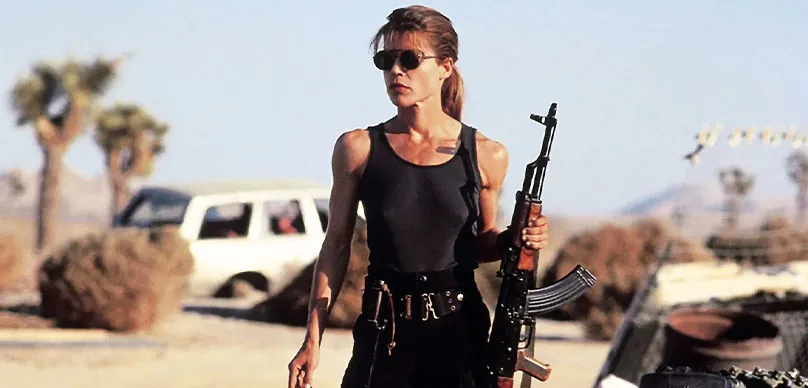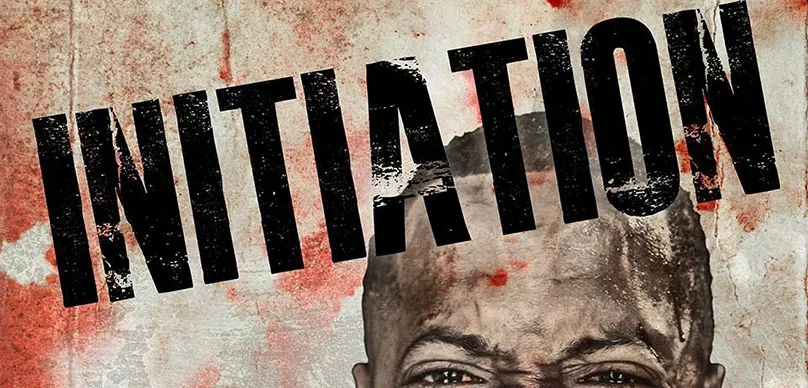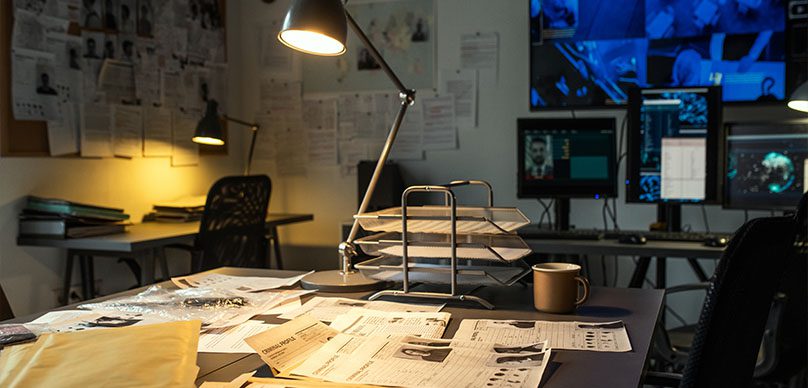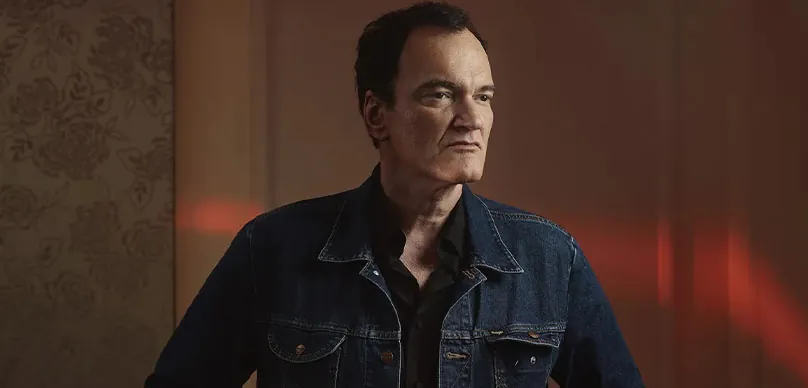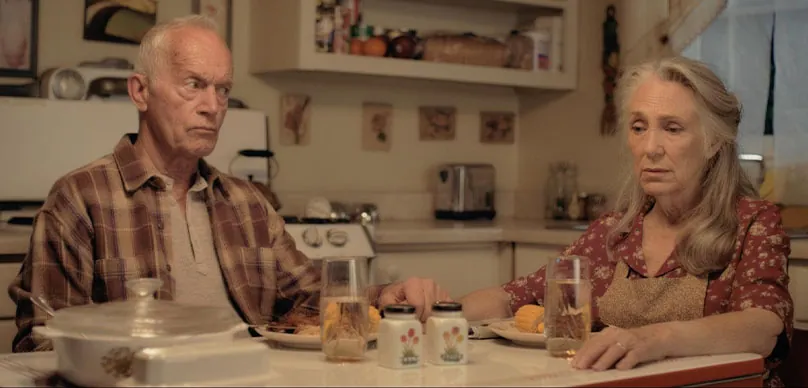The lights of Hollywood may glitter, but behind them lies the quiet, disciplined work of the storyteller. On today’s episode, we welcome Mike Bierman, a 45-time award-winning screenwriter and the founder of the Facebook group Screenwriters Who Can Actually Write. His path is not a typical one, for he began not from film school corridors but from a father’s intuition, reading his daughter’s audition scripts and thinking, “I can do better.” That spark ignited a journey into screenwriting that has not only led to awards but also to a philosophy of writing that challenges the very conventions so many cling to.
Mike’s story begins with a simple observation: much of what passes for screenwriting is less than inspired. As he dove into the craft, he discovered both the rigid rules that bound beginners and the profound freedom of bending or breaking those rules once mastered. “Every writer is different,” Mike explained, “what works for me works for me. That’s a good place to start to look at. But it doesn’t mean it’s going to work for you.” His wisdom is clear: writing is less about formulas and more about discovering one’s unique method of bringing stories alive.
One of the most fascinating aspects of Mike’s process is what he calls the BAM method—the Bierman Asynchronous Method. Instead of marching forward from page one like a dutiful soldier, he starts with the ending. Knowing where a story resolves anchors the journey. He writes from the outside in, weaving scenes like a puzzle, placing them out of sequence until the picture emerges whole. This approach, he says, prevents the dreaded writer’s block and keeps the story tethered to a meaningful destination. To know where you are going, after all, is to never be truly lost.
And yet, Mike’s tough-love philosophy is equally important. He pulls no punches when it comes to the common mistakes of new writers. Formatting errors, bloated scripts, and the belief that software can replace skill are illusions that must be shattered. “You’re not a writer if you don’t write,” he says with conviction. Fear of failure, fear of the blank page—these are ghosts that vanish the moment one dares to type anything at all. A poor script can always be rewritten, but a script unwritten is nothing but dust in the imagination.
Beyond his personal method, Mike has also created a community. His Facebook group was born out of frustration with shallow discussions elsewhere, but it has grown into a gathering place for professionals and serious learners alike. Within that group, contracts have formed, films have been optioned, and wisdom is freely shared. It is, as he describes, a place where screenwriters commit to treating the craft not as a hobby but as a vocation worthy of study, rigor, and respect.
His upcoming book, Secrets of Screenwriting: Collected Essays, continues this mission. Unlike traditional manuals that promise formulas for success, Mike’s book is a raw compilation of essays, reflections, and, at times, rants that emerged from his years of guiding and challenging fellow writers. It is filled with cursing, passion, and honesty—meant not to coddle, but to awaken. Readers may feel scolded one page and inspired the next, but they will always feel challenged to rise higher in their craft.
In listening to Mike, one can sense the deeper undercurrent: screenwriting is not just about structure or technique—it is about truth. Flawed characters, difficult choices, and endings that reveal the essence of a story. Scripts are not machines to be engineered; they are living things to be breathed into existence. And like any living thing, they grow best in the soil of discipline, vision, and a willingness to face one’s own creative challenges.
In the end, Mike reminds us that the screenwriter’s path is both solitary and communal. Solitary in the hours spent with words that only we can birth, and communal in the shared wisdom, encouragement, and hard truths of those who walk beside us. Every page written is a step closer not only to a finished script but to a deeper understanding of the craft.
Please enjoy my conversation with Mike Bierman.


